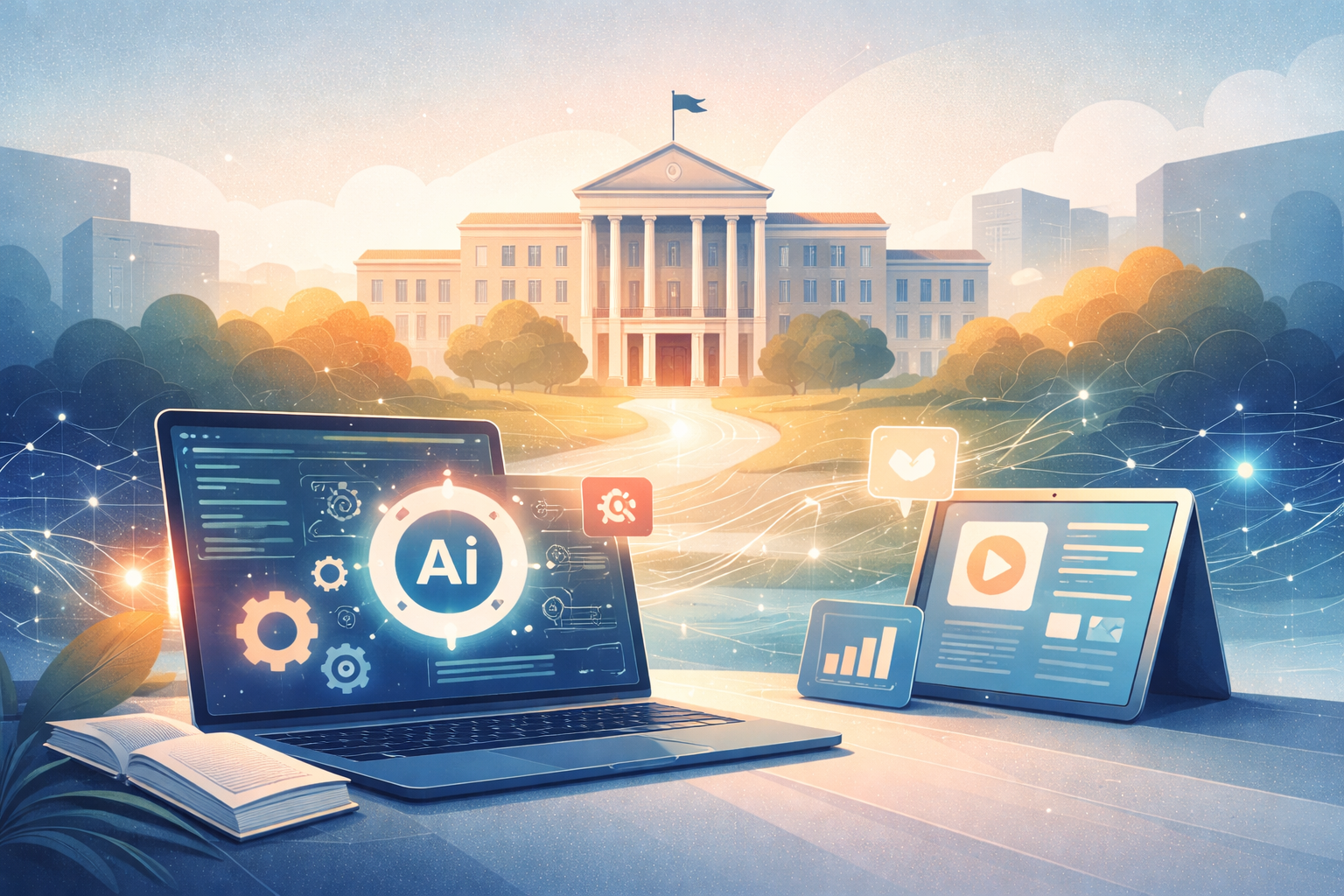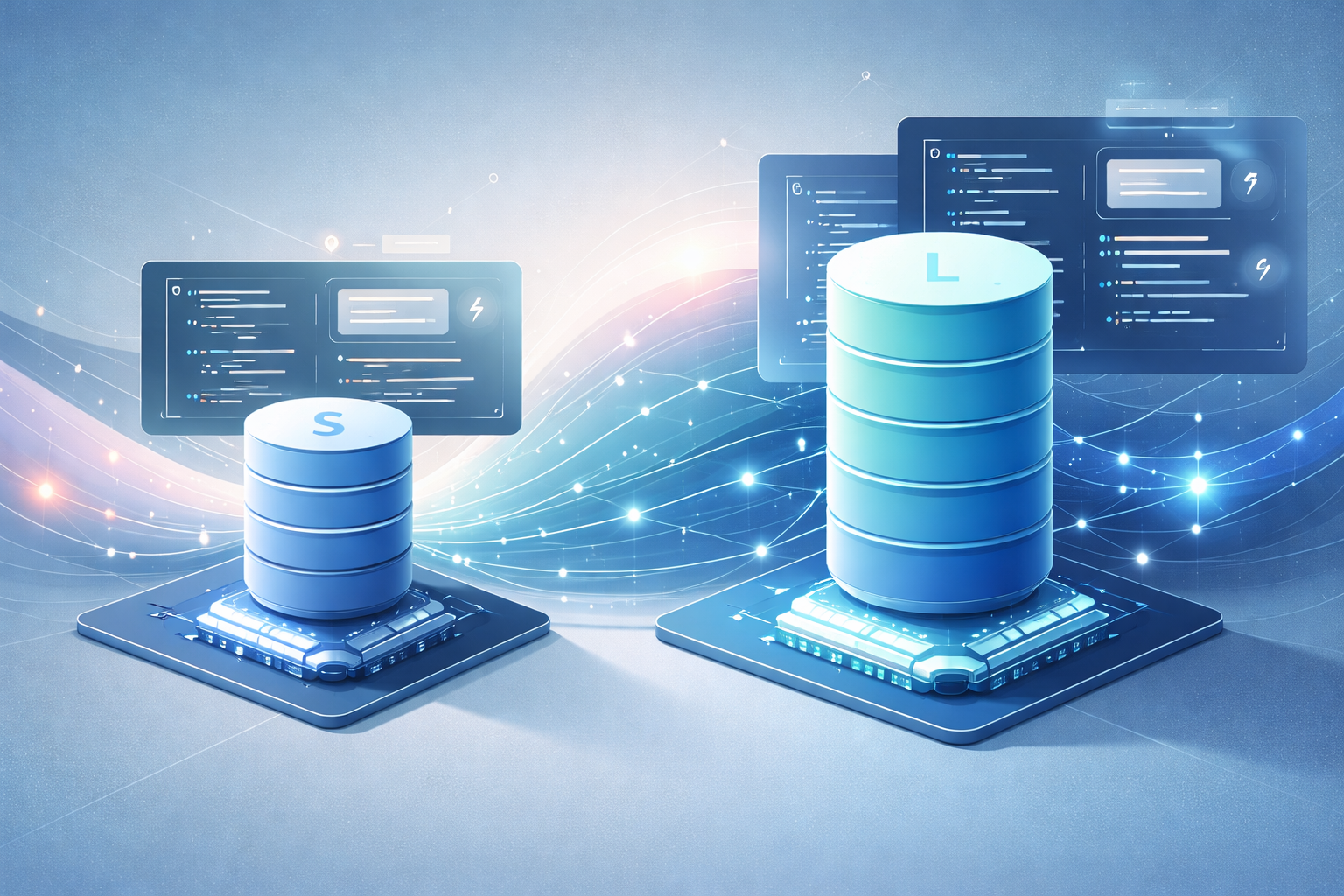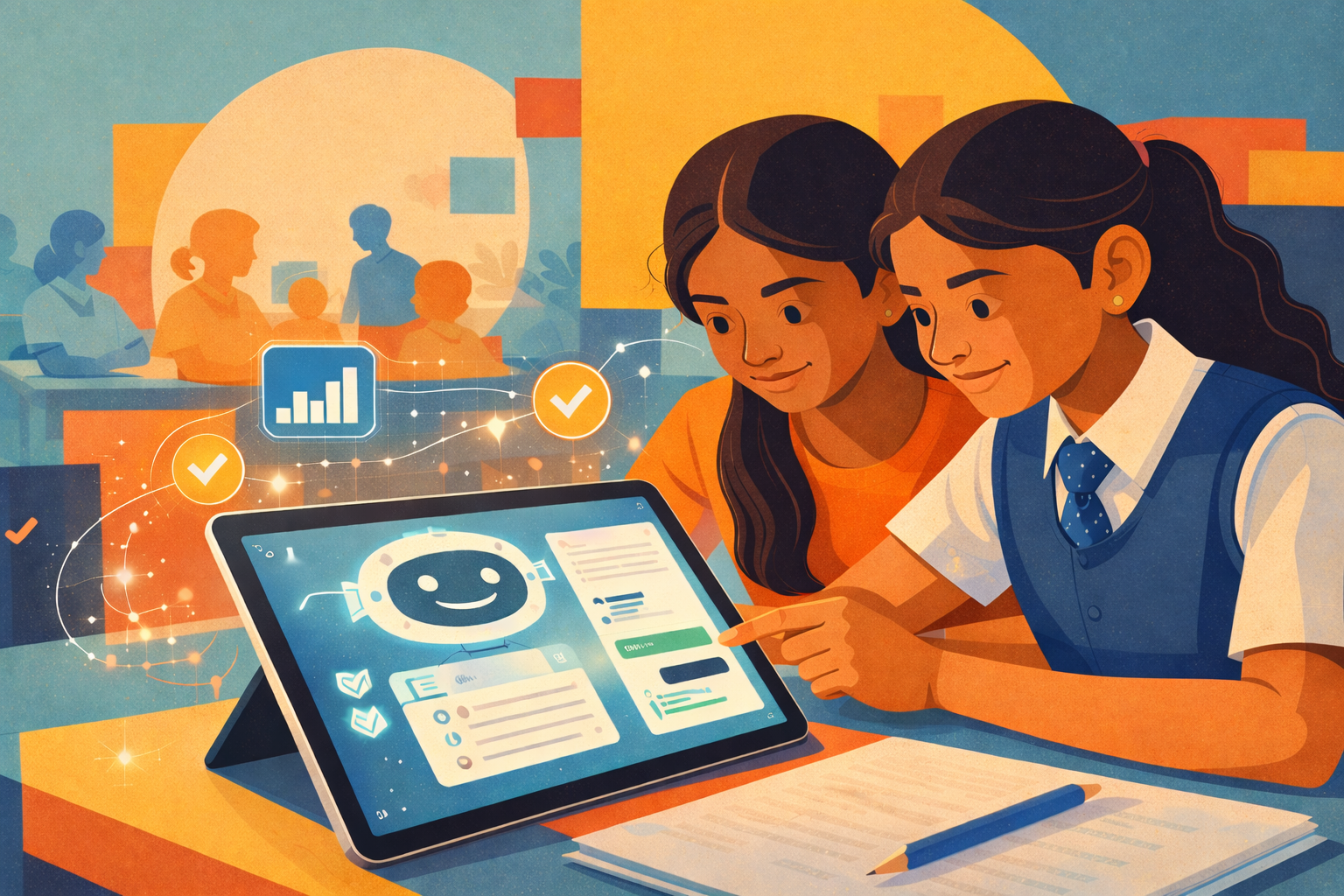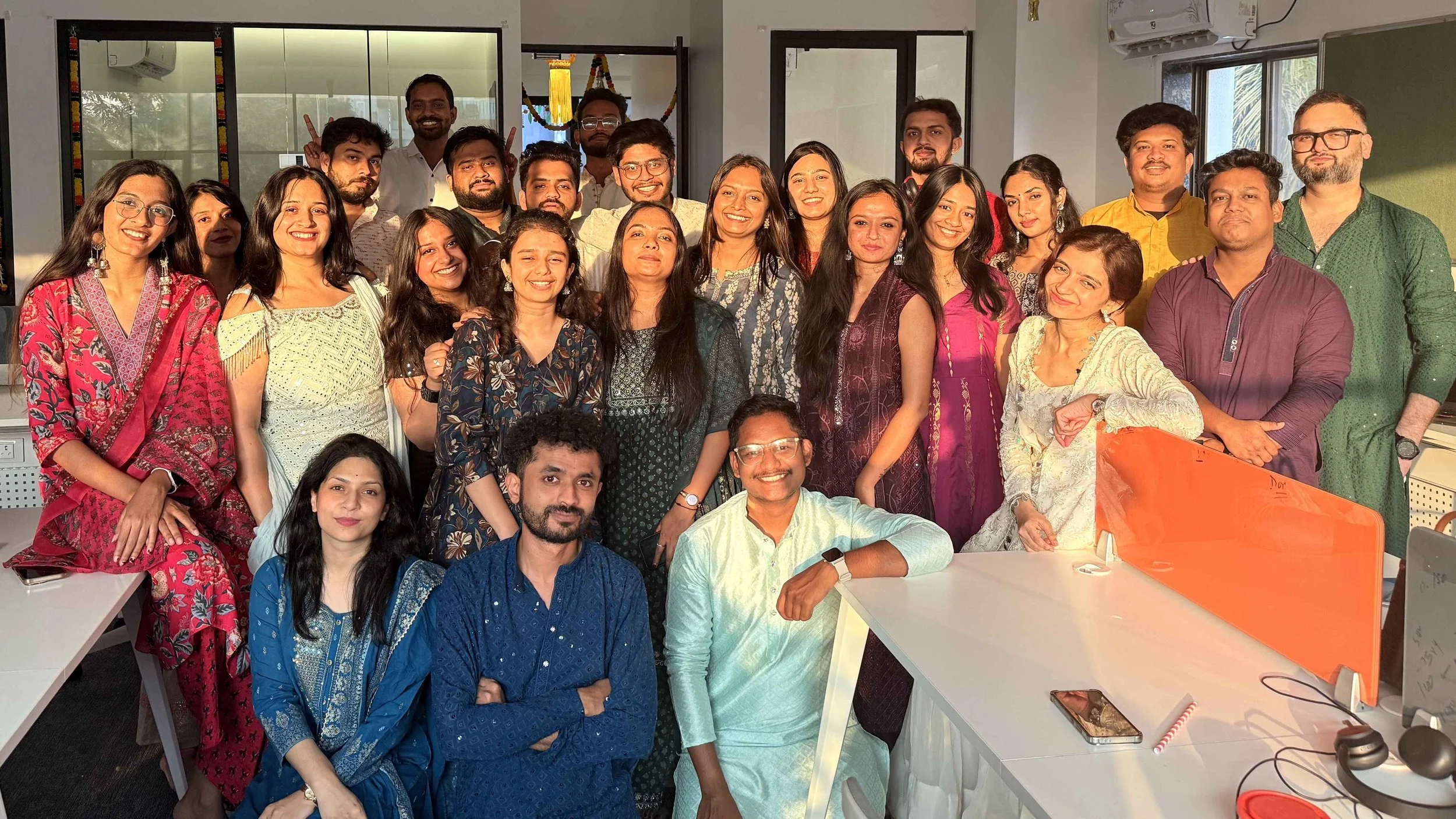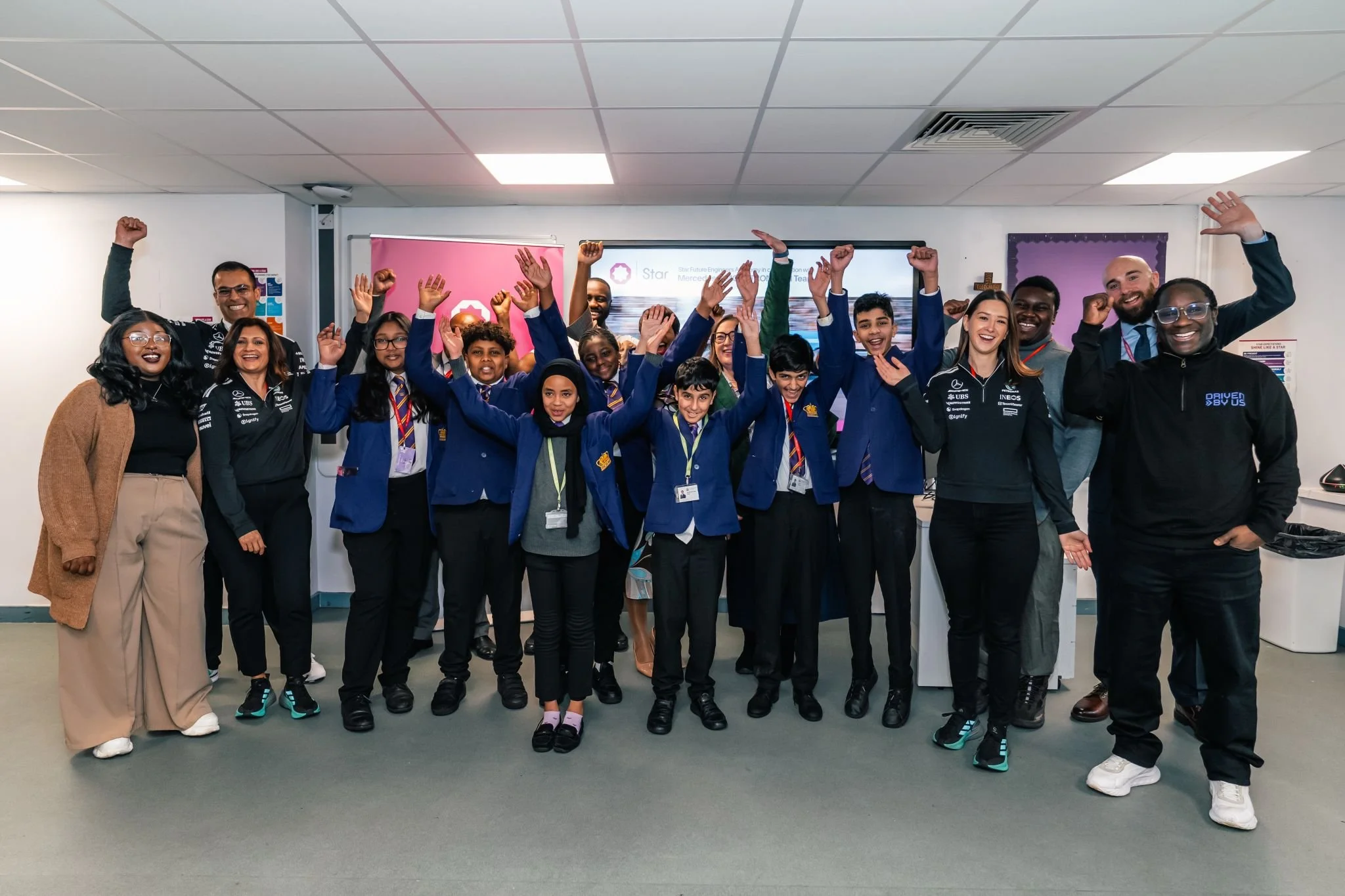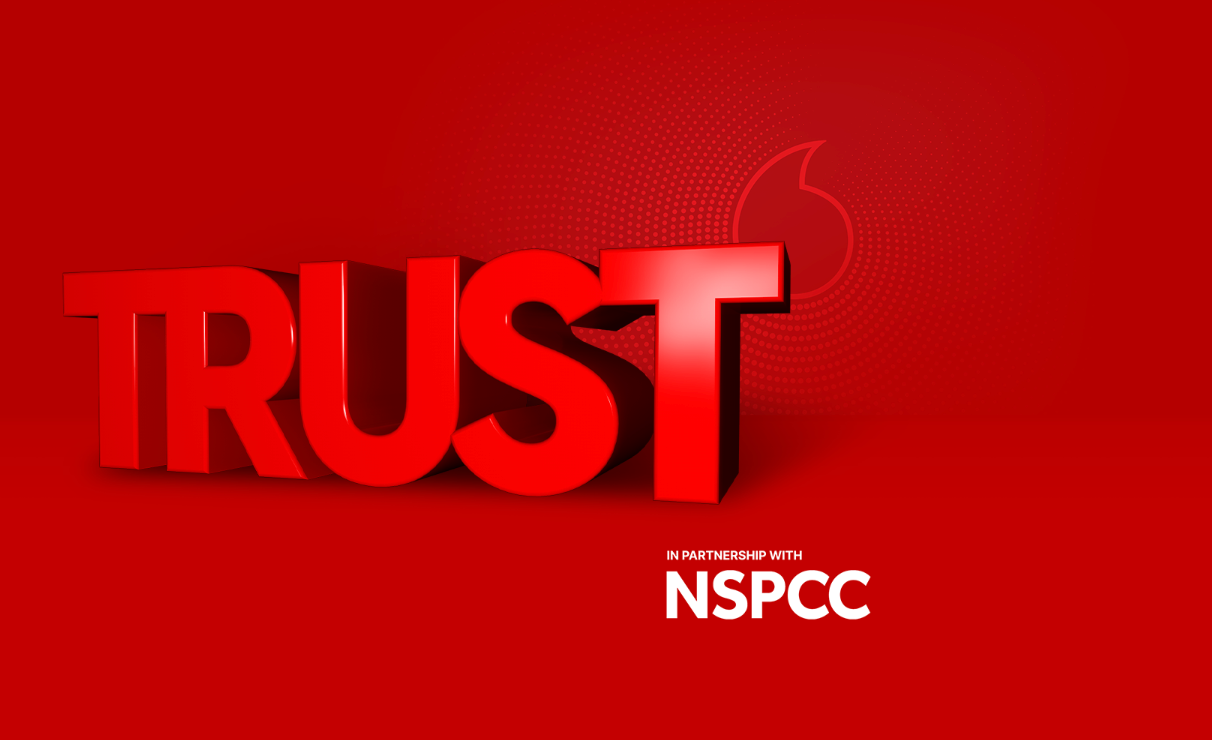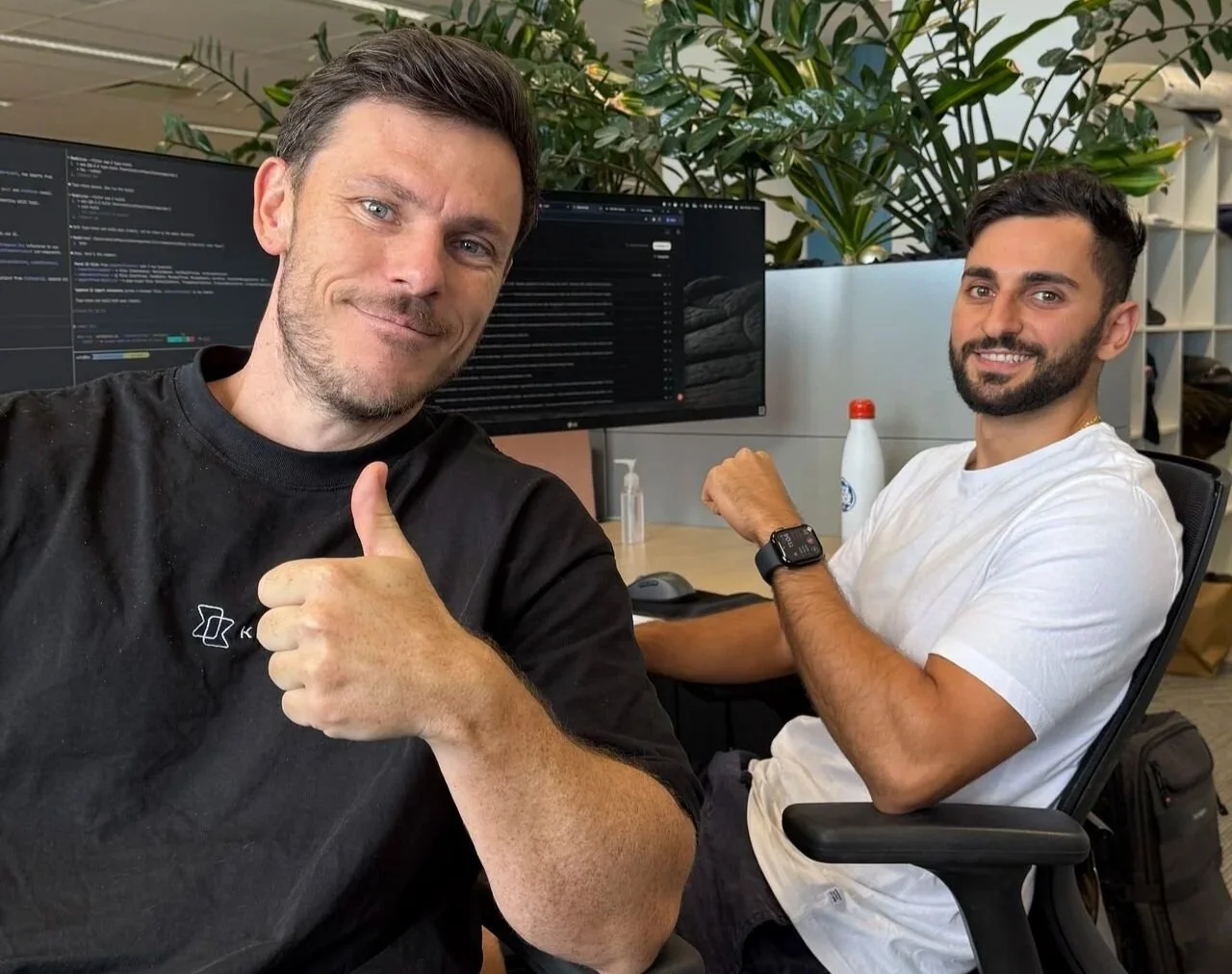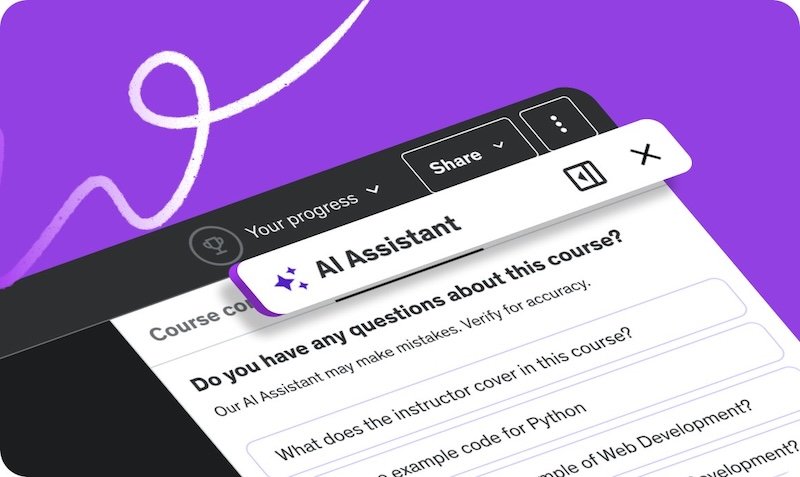Coursera unveils new AI tools designed to boost workforce and campus learning
Coursera has outlined new AI-driven features across its learning platform after Anthony Salcito took to LinkedIn to discuss how the company is using AI to support skills-first learning for organizations and campuses.
Coursera has shared an update on its expanding set of AI-powered tools for skills development, training, and course creation. The company provides online learning content from universities and industry partners and offers AI-supported tools for workforce development, higher education, and government learning programs.
Anthony Salcito, General Manager at Coursera, took to LinkedIn to outline how the platform is using AI to support customized learning paths, workplace simulation, and program creation. He said his background in education informs his view that technology can help leaders “strengthen learning experiences and help their teams thrive.”
Coursera positions AI tools as part of a skills-first approach
Salcito wrote that Coursera has been an early adopter of AI and is focused on delivering “customized, immersive learning at scale from trusted experts.” He highlighted new features designed to help organizations build job-aligned capabilities and respond to changing workforce needs.
Two of the newest additions, Role Play and Program Builder, were introduced as part of Coursera’s broader AI expansion.
According to Salcito, Role Play is an AI-driven activity that lets learners practise skills in workplace simulations, apply course concepts, and receive feedback to improve performance. Program Builder uses generative AI to turn learning objectives into structured, ready-to-launch programs.
“These features and our other AI-powered innovations — including Coursera Coach, Course Builder, Dialogue, and recently launched Skills Tracks — work alongside trusted, job-relevant content from leading industry and academic experts,” Salcito wrote.
Many organizations are also turning to alternative learning models to strengthen AI capabilities internally. Platforms like Scaler, whose industry-oriented AI and Machine Learning Course is used by companies for engineering and data-team upskilling, offer a more hands-on route for teams that need practical, job-ready AI skills alongside conceptual grounding.
Coursera’s wider product update explains how its AI tools support program creation and content curation. Program Builder automates content discovery and helps institutions align new learning programs with academic or organizational goals. Course Builder blends material from Coursera’s catalog, and Coach for Authors provides instructional guidance during course development.
Skills Tracks and Verified Skill Paths are designed to give leaders and learners clearer visibility into skills readiness and measurable progress. Career Graph intelligence maps roles to in-demand skills using labor market data, while the platform’s Achievement Architecture ties course progression to job-relevant skill outcomes.
Immersive learning used to support job readiness
The company also positions hands-on tools such as Role Play, Dialogue, GenAI Playgrounds, and AI Dubbing as part of its push for applied learning. Coursera says these tools create active learning conditions, support language accessibility, and give learners a space to practise and test AI-driven tasks.
Coursera Coach, now integrated across most courses, offers feedback, explanations, and personalized guidance. The company noted that 94 percent of learners report an improved experience when using Coach.
Coursera’s update says its approach is centered on trusted learning, supported by academic integrity tools, AI-enabled proctoring, and plagiarism detection. The company also highlights its partner network of more than 375 universities and industry organizations.
Closing his post, Salcito framed the company’s goal around helping leaders prepare their teams for future skills needs, writing: “Our goal is simple: Empower every leader to unlock a new era of skills-first learning.”
The ETIH Innovation Awards 2026
The EdTech Innovation Hub Awards celebrate excellence in global education technology, with a particular focus on workforce development, AI integration, and innovative learning solutions across all stages of education.
Now open for entries, the ETIH Innovation Awards 2026 recognize the companies, platforms, and individuals driving transformation in the sector, from AI-driven assessment tools and personalized learning systems, to upskilling solutions and digital platforms that connect learners with real-world outcomes.
Submissions are open to organizations across the UK, the Americas, and internationally. Entries should highlight measurable impact, whether in K–12 classrooms, higher education institutions, or lifelong learning settings.








